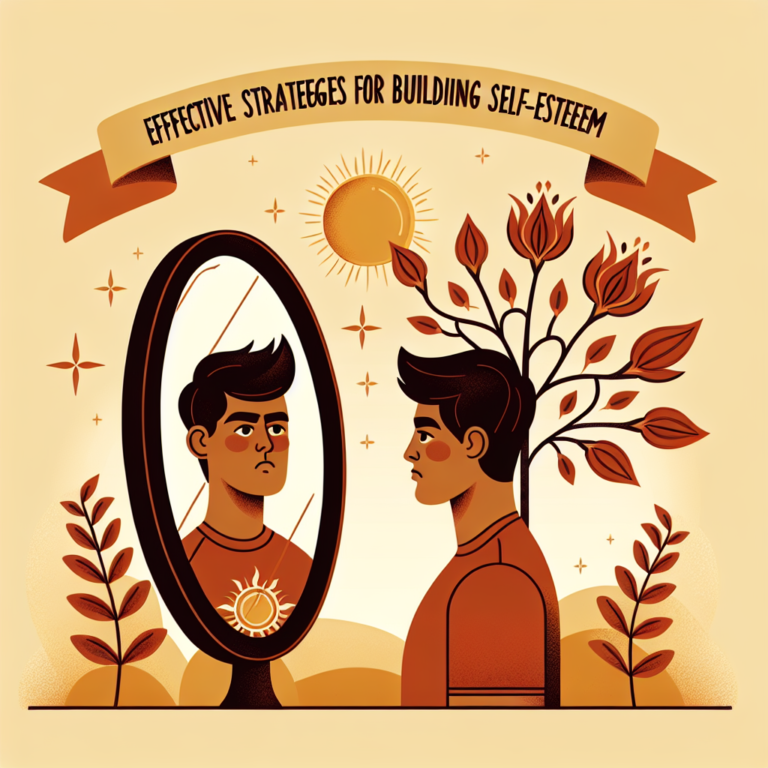
Mindfulness and Transitions: Finding Peace During Major Life Changes
Introduction
In the ebb and flow of life, transitions are inevitable. Whether it’s beginning a new job, moving to a different city, or navigating relationship changes, these shifts can be both exhilarating and daunting. The emotional turbulence that often accompanies major life changes can leave us feeling unsettled. However, by incorporating mindfulness into our lives, we can cultivate a sense of peace amidst the chaos. This article delves into Mindfulness and Transitions: Finding Peace During Major Life Changes, offering actionable strategies to help you navigate life’s upheavals with grace and composure.
Understanding Mindfulness
What is Mindfulness?
Mindfulness is the practice of being present in the moment, allowing us to observe our thoughts and feelings without judgment. It encourages us to engage fully with our current experiences rather than getting lost in the noise of past worries or future anxieties.
The Benefits of Mindfulness
According to a study published in the Journal of Positive Psychology, practicing mindfulness can lead to reduced stress levels, improved emotional regulation, and enhanced well-being. Here are some specific benefits:
- Reduced Anxiety: Mindfulness encourages us to focus on the now, alleviating worries about the future.
- Enhanced Clarity: When mindful, we gain clarity about our feelings and thoughts, allowing for better decision-making.
- Improved Resilience: Mindfulness helps in building emotional resilience, crucial for navigating transitions.
Mindfulness Practices
Here are some foundational mindfulness practices to start incorporating into your daily life:
Breathing Exercises: Simple deep-breathing techniques can center your mind.
Body Scan Meditations: Focusing on physical sensations can help ground your awareness in the present.
- Mindful Walking: Engaging fully with your surroundings while walking can enhance your connection to the moment.
Mindfulness and Major Life Transitions
Navigating Job Changes
Job transitions can be some of the most stressful life changes. Mindfulness can play a crucial role in helping you manage your feelings during this time.
Case Study: Sarah’s Career Shift
Sarah was laid off from her job after ten years. Initially overwhelmed by feelings of anxiety and uncertainty, she turned to mindfulness practices. She began meditating daily and journaling her thoughts. Over time, Sarah noticed a significant change in her perspective.
Analysis
Sarah’s journey illustrates how mindfulness can transform our responses to major transitions. Instead of spiraling into negativity, she learned to embrace uncertainty with curiosity, allowing her to explore new opportunities with enthusiasm.
Moving to a New City
Relocating can be both thrilling and intimidating. The unfamiliar environment often triggers stress and anxiety. Mindfulness can provide comfort during this significant transition.
Case Study: Tom’s Relocation Experience
Tom moved across the country for a job opportunity. Initially feeling isolated, he practiced mindfulness through community engagements, yoga, and meditation. Each time he felt homesick, he focused on the present moment, finding joy in his new surroundings.
Analysis
Tom’s experience showcases how mindfulness is integral when adapting to new environments. By grounding himself in the present, he not only managed his anxiety but also discovered a newfound appreciation for his new home.
Transitioning in Relationships
Major life changes can include shifts in relationships—be it a breakup, marriage, or loss of a loved one. Mindfulness provides the emotional tools needed to navigate these tumultuous times.
Case Study: Emily and Her Breakup
After a painful breakup, Emily struggled to move on. By practicing mindfulness and engaging in self-compassion guided meditations, she transformed her grief into self-discovery and growth.
Analysis
Emily’s journey highlights mindfulness’s role in fostering emotional healing. Rather than getting caught in self-blame, she learned to honor her feelings and find peace in the process.
Practical Strategies
Building a Mindfulness Routine
Creating structures within your daily routine can help reinforce mindfulness during life transitions.
Example Routine
| Time | Activity |
|---|---|
| Morning | 10-minute meditation |
| Midday | 5-minute mindful breathing break |
| Evening | Reflective journaling |
Setting Intentions
Setting clear intentions related to your transitions can provide a guiding framework for your mindfulness practice.
Example Intentions
- “I will embrace change with openness.”
- “I will allow myself to experience emotions without judgment.”
Using Guided Meditations
Incorporate technology by utilizing apps like Headspace or Insight Timer for guided mindfulness meditations tailored to life transitions.
Mindfulness in Practice: Visual Tools
Mindfulness Chart
Here’s a chart illustrating the connection between mindfulness practices and their benefits during transitions:
| Mindfulness Practice | Benefits |
|---|---|
| Breathing Exercises | Reduces anxiety, calms the mind |
| Meditation | Enhances awareness, promotes clarity and focus |
| Journaling | Tracks emotional changes, fosters self-reflection |
Mindfulness and Emotional States
Understanding the emotional states during transitions can help you apply mindfulness effectively.
| Emotional State | Mindfulness Strategy |
|---|---|
| Anxiety | Breathing exercises to regain focus |
| Sadness | Journaling to process feelings |
| Excitement | Mindful engagement in new experiences |
Conclusion
Incorporating mindfulness into your life can profoundly impact how you navigate major transitions. Remember, change is not merely something to endure; it is an opportunity for growth. By adopting the practices outlined in this article, you will not only find peace during these challenging times but also cultivate resilience and adaptability. Embrace mindfulness as your ally and watch as your transitions unfold with grace and ease.
FAQs
1. How can mindfulness help reduce anxiety during transitions?
Mindfulness promotes present-moment awareness, allowing you to observe anxiety without judgment. This practice can break the cycle of overthinking associated with transitions.
2. Are there specific mindfulness practices recommended for dealing with loss?
Yes, practices like self-compassion meditations can be particularly beneficial. They encourage kindness towards oneself, which is crucial when dealing with grief.
3. How long should I practice mindfulness to see benefits during transitions?
Even a few minutes a day can make a significant impact. Regular practice over several weeks can lead to notable improvements in emotional regulation.
4. Can mindfulness improve my decision-making during transitions?
Absolutely! By enhancing clarity and focus, mindfulness allows you to make decisions more effectively, free from the cloud of stress and anxiety.
5. What if I find it difficult to concentrate during mindfulness practices?
It’s common to feel distracted, especially during transitions. Start with shorter sessions and gradually increase the duration as you become more comfortable with the practice.
By embracing Mindfulness and Transitions: Finding Peace During Major Life Changes, you are not just navigating the complexities of your life; you are actively participating in your own journey of growth and self-discovery.

















